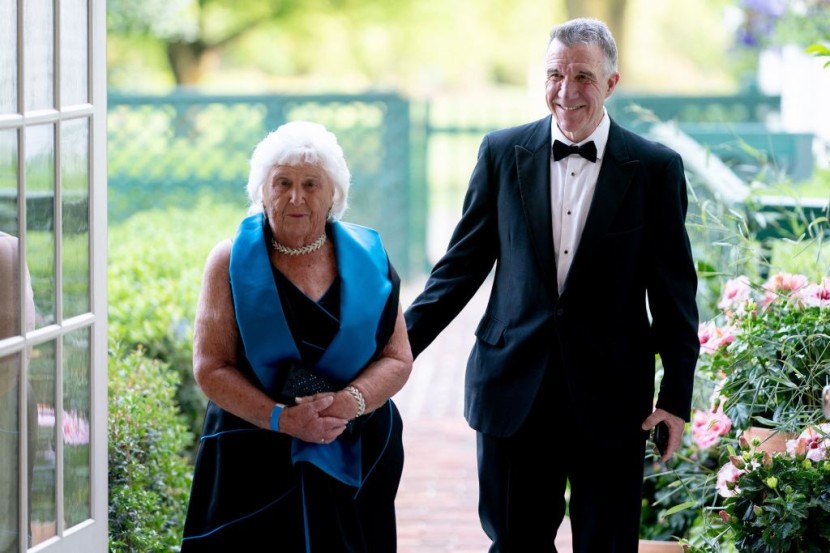
- Vermont passes legislation allowing non-residents to use assisted suicide program
- State Gov. Phil Scott passed the law, making Vermont the first state in the country to allow the program's use for non-residents
- A court settlement resulted in Lynda Bluestein becoming the first out-of-state patient to be euthanized in Vermont
Vermont Gov. Phil Scott approved legislation allowing non-residents to utilize the state's assisted suicide program, becoming the first to do so across the United States.
The change to Vermont's medically assisted suicide law comes after Oregon agreed to stop enforcing the residency requirement of its law following a court settlement. However, the change in Vermont is the first to remove the requirement altogether.
Vermont's Assisted Suicide Program Changes
In a statement, the president and CEO of the non-profit Compassion & Choices, Kim Callinan, said they were grateful to lawmakers in Vermont for recognizing that they should not determine if someone dies peacefully or in agony.
She noted that patients commonly travel to other states to get the best healthcare they can receive. Callinan argued that there was no rational explanation for why they should not be able to travel to another state to access medical aid in dying if it is not offered where they live, as per The Daily Beast.
The passage of the bill in Vermont comes after a woman from Connecticut, 75-year-old Lynda Bluestein, reached a court settlement that made her the first out-of-state patient to be euthanized under the region's medical system.
The elderly woman had terminal cancer and wanted to end her life before her natural death, prompting her to launch a legal challenge against Vermon's residency requirement. She argued that it violates the US Constitution's commerce, equal protection, privileges, and immunities clauses.
In a statement following the court settlement, Bluestein said that she was relieved to hear about the decision regarding her case. She said it was so that she could decide the end of her life after cancer had already taken everything she could bear from her.
Giving Access to Non-Residents
The 75-year-old added that it was important to have peace of mind in knowing that she will face fewer obstacles in accessing the "autonomy, control, and choice in this private, sacred and very personal decision about the end of my life," according to Fox News.
However, some critics have warned against removing the prohibition on non-residents. University of Massachusetts School of Law professor Dwight Duncan, said that the situation opens up the idea of "death tourism." He argued that traveling to Vermont for tourist attractions differed from going to the state to get assisted suicide.
In March, the executive director of the Vermont Right to Life Committee, Mary Hahn Beerworth, previously testified before a legislative committee. She said the practice "was, and remains, a matter of contention."
Beerworth added that the Vermont Right to Life Committee opposed the underlying concept behind suicide. She noted that it was also opposed to the decision to remove the residency requirement to the state's assisted suicide program, arguing that there are no safeguards to protect vulnerable patients from coercion, said Mass Live.
© 2025 HNGN, All rights reserved. Do not reproduce without permission.








